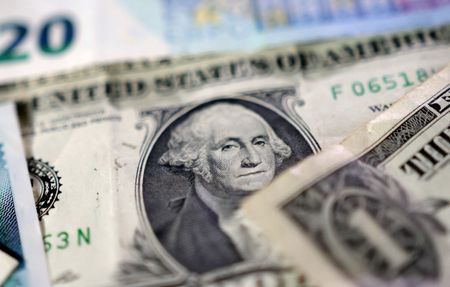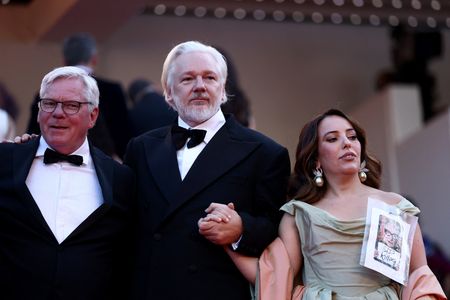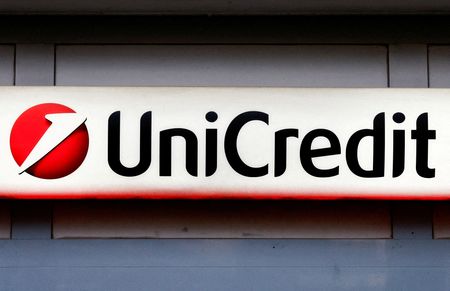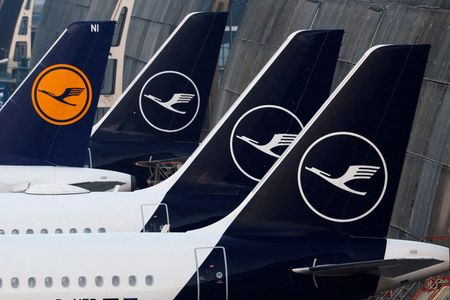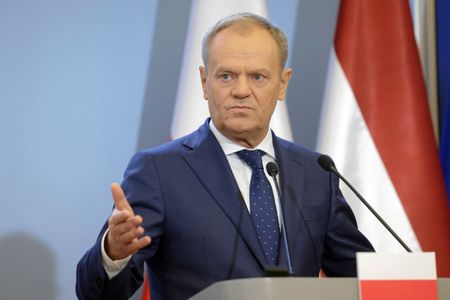By Corina Pons
MADRID (Reuters) – Motorway and airports operator Ferrovial had a surprise first-quarter revenue bump from freight traffic on toll roads in the United States and Canada, probably related to imports in anticipation of sweeping U.S. tariffs, its CFO told Reuters.
The Spanish company’s revenue surge despite adverse winter weather follows a wider trend of increased commercial activity at U.S. ports and roads that preceded U.S. President Donald Trump’s April 1 announcement of new tariffs, many of which remain suspended.
Ferrovial’s first-quarter revenue from its toll road business in North America rose 14%, it reported in quarterly results last week, demonstrating growth in a country where it plans to concentrate its investments in the coming years.
“We were the first to be surprised that (the results) were even better than expected,” Chief Financial Officer Ernesto Lopez told Reuters late on Tuesday.
“There has been quite a lot of activity at peak times, especially a higher percentage of heavy or commercial vehicles,” Lopez said, adding that public data pointed to traffic on toll roads remaining above last year’s levels.
Ferrovial operates toll roads in the U.S. and the 407 highway in the Canadian province of Ontario bordering the United States. It also plans to submit bids for between four and six new motorway construction projects in California, Tennessee and North Carolina.
Lopez said the increased commercial traffic on highways could be influenced by a higher volume of goods crossing the Mexican border into one of its managed lanes in Texas.
In North Carolina, traffic also received a boost from more companies ordering employees back to the office.
The U.S. trade deficit in goods widened to a record high in March as businesses ramped up efforts to bring in merchandise and pre-empt some of the tariffs impact, according to the U.S. Commerce Department’s Census Bureau. Imports of goods to the U.S. rose to a record high of $342.7 billion, driven by consumer goods and cars.
(Reporting by Corina Pons; Editing by Andrei Khalip and David Goodman)


